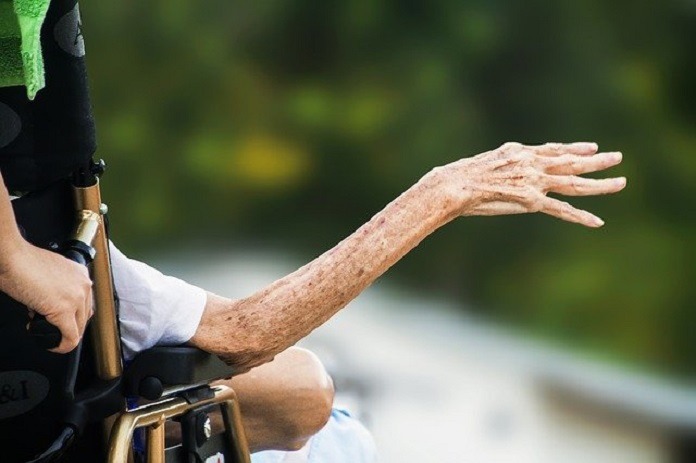While nowadays a working family can barely manage to scrape out time for personal needs, personal assistance can become unavoidable for the well-being of the aged or disabled consumers as well as their family. That is when a New York State Medicaid initiative comes to the rescue and allows the consumers to hire a caregiver of their choice.
Now there’s no need to feel the guilt of burdening your loved one or family as they spend their maximum time caring for you. They can get paid for their job as a caregiver.
So if your home-bound family member needs assistance, read ahead to find out how you can help.
1. Check for the loved one’s eligibility
If your loved one has medicaid, requires homecare, and is self-directing or has assigned you as a designee to direct his care, he can apply for CDPAP. The doctor’s documentation and visiting nurse will determine if your loved one is eligible and how many hours of care he can get. If he chooses a family caregiver, an agent will visit his home to enroll him in the program.
2. Make home health care more efficient
Caregiving at home by family members or friends adds a sense of familiarity for the loved one. The anxiety or nervousness that the loved one may feel when interacting with a stranger can be avoided with a family caregiver. They have years of experience with the loved one, his habits, likes, and dislikes to function accordingly. When the loved one communicates with someone that he knows and likes, it affects them psychologically and physically. Detection of potential health issues gets simpler. A caregiver who’s familiar with the disease can take care of the preventive measures well in advance.
3. Follow up with the doctor
When you’re a family caregiver, you’re aware of the loved one’s difficulties and complications from their inception. You can drive your loved one to the doctor’s appointment and be there to understand some caregiving instructions. This will also allow you to express your worries and observations of the loved one’s condition. When you’re truly committed to their health and passionate about taking care of the loved one, you’re bound to be happy when they’re doing well. You can keep all the contacts, medical prescriptions, and documents at an accessible range in the house for others to call for help in case of emergency.
4. Arrange for back-up caregiving
You may have your children to take care of and caregiving can take a toll on your personal life. Caregiver burnout is a common state of physical, mental, and emotional exhaustion. If not addressed soon enough, it can affect your relationship with your loved one. You should prepare yourself to get the help you need. So appoint someone to fill in for personal assistance in your absence. Spend a day with them to make sure they know what the loved one needs, his medicines, and food habits. Sometimes a break is all you need to come back with a fresh outlook in life.
5. Take care of your health!
When you’re a caregiver of a loved one who can no longer care for himself due to an illness or a disability, it is your responsibility to not overlook your health and well-being. This is because caregivers experience many of the stresses that the loved ones do but receive only minimal support in return.
Conclusion
Caregivers play a critical role when it comes to caring for patients with terminal illnesses, disabilities etc. When you choose to be in that role, understand that you can be the loved one’s eyes and ears when it matters the most!
Image by truthseeker08 from Pixabay
Any Web sites linked from Medical News Bulletin site are created by organizations outside of Medical News Bulletin and are the sole responsibility of those organizations. These links are strictly provided by Medical News Bulletin as a convenience to you for additional information only. Medical News Bulletin does not approve or endorse the content on any third-party Web sites and is not responsible for the content of linked third-party sites or third-party advertisements, as well as does not make any representations regarding their content or accuracy. Your use of third-party web sites is at your own risk and subject to the terms and conditions of use as per such sites policies. Medical News Bulletin does not provide specific medical advice, diagnosis or treatment and hereby disclaims any assumption of any of the obligations, claims or liabilities..



